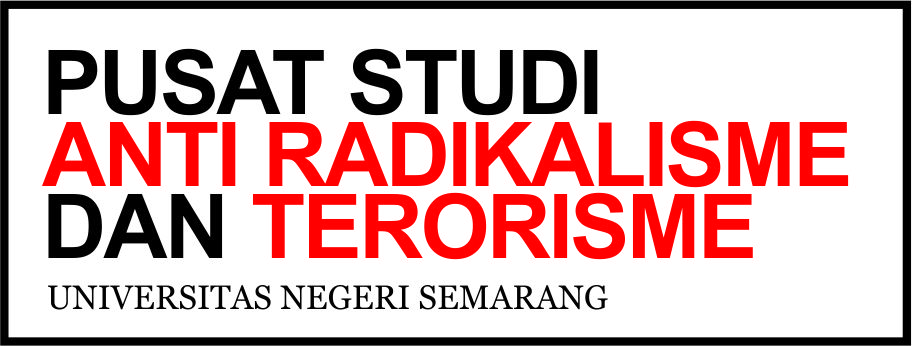Institutionalizing Customary Court in Indonesian Justice System as an Effort to Realize Access to Justice Right for Indigenous People
Abstract
Keywords
Full Text:
PDFReferences
Attamimi, A. H. (1990). Peranan Keputusan Presiden Repubik Indonesia Dalam Penyelenggaraan Pemerintahan Negara. Universitas Indonesia.
Gandhi, L. M. (1995). Harmonisasi Hukum Menuju Hukum yang responsif, Pidato Pengukuhan Guru Besar Tetap FH-UI, dalam Perumusan Harmonisasi Hukum tentang Metodologi Harmonisasi Hukum.
Hamidi, J. (2011). Hermeneutika Hukum : Sejarah, Filsafat dan Metode Tafsir. UB Press.
Herowati Poesoko. (2014). Paradigma Pengadilan Adat dalam Sistem Peradilan Perdata di Indonesia.
Howley, P. (2007). Incorporating Custom Law into State Law in Melanesia. In Queensland : International Diploman in Restorative Justice. Queens University.
Huda, N. (2008). UUD 1945 dan Gagasan Amandemen Ulang. Rajawali Press.
Irene H. Muslim. (1991). Peradilan Adat dalam Masyarakat Dayak di Kalimantan Barat, Pidato Pengukuhan Jabatan Guru Besar pada Fakultas Hukum Universitas tanjung Pura.
Kusnu Goesniadhie S. (2006). Harmonisasi Hukum dalam Perspektif Perundang-Undangan, Lex Specialis Suatu Masalah. JP Books.
Leyh, G. (2011). Pendidikan Hukum dan Kehidupan Publik”, dalam
Gregory Leyh, ed., Hermeneutika Hukum : Sejarah, Teori dan Praktek, terjemahan M. Khozim dari judul asli Legal Hermeneutics. Nusa Media.
M. Khoidin. (2015). Eksistensi Pengadilan Adat dalam Sistem Peradilan di Indonesia : Eksistensi Hukum Adat dan Pengadilan Adat di Indonesia.
Marzuki, P. M. (2008). Pengantar Ilmu Hukum. Kencana.
Maxwell, G., & Hayes, H. (2006). Restorative Justice Developments in the Pacific Region: A Comprehensive Survey. Contemporary Justice Review, 9(2). https://doi.org/10.1080/10282580600784929
Mohammad Jamin. (2014). Peradilan Adat Pergeseran Politik Hukum, Perspektif Undang-Undang Otonomi Khusus Papua. Graha Ilmu.
Rato, D. (2013). Mekanisme dan Praktek Peradilan Adat dalam Menangani Kasus Hukum dengan Pihak Lain, disampaikan dalam FGD Bada Pembinaan Hukum Nasional Republik Indonesia.
Rato, D. (2015). Prinsip, Mekanisme dan Praktek Peradilan Adat dalam Menangani Kasus Hukum dengan Pihak Lain.
Soleman B. taneko. (1987). Hukum Adat Suatu Pengantar Awal dan Prediksi Masa Mendatang. Eresco.
Stephens, M. C. S. (2009). Menemukan Titik Keseimbangan: Mempertimbangkan Keadilan Non-negara di Indonesia.
Sulistiyono, A. (2018). Sistem Peradilan di Indonesia dalam Teori dan Praktek. Pranata Media Group.
Tadiar, A. (1998). Institutionalising Traditional Dispute Resolution the Philippine Experience.
Refbacks
- There are currently no refbacks.










